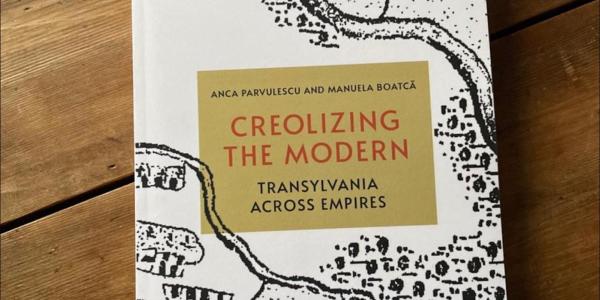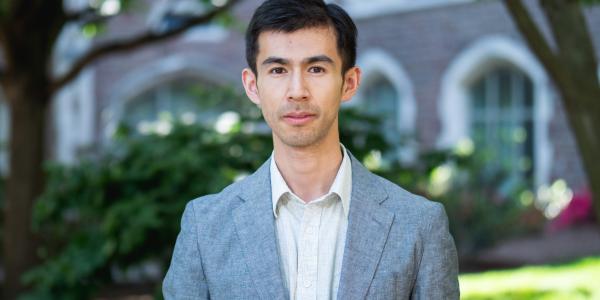
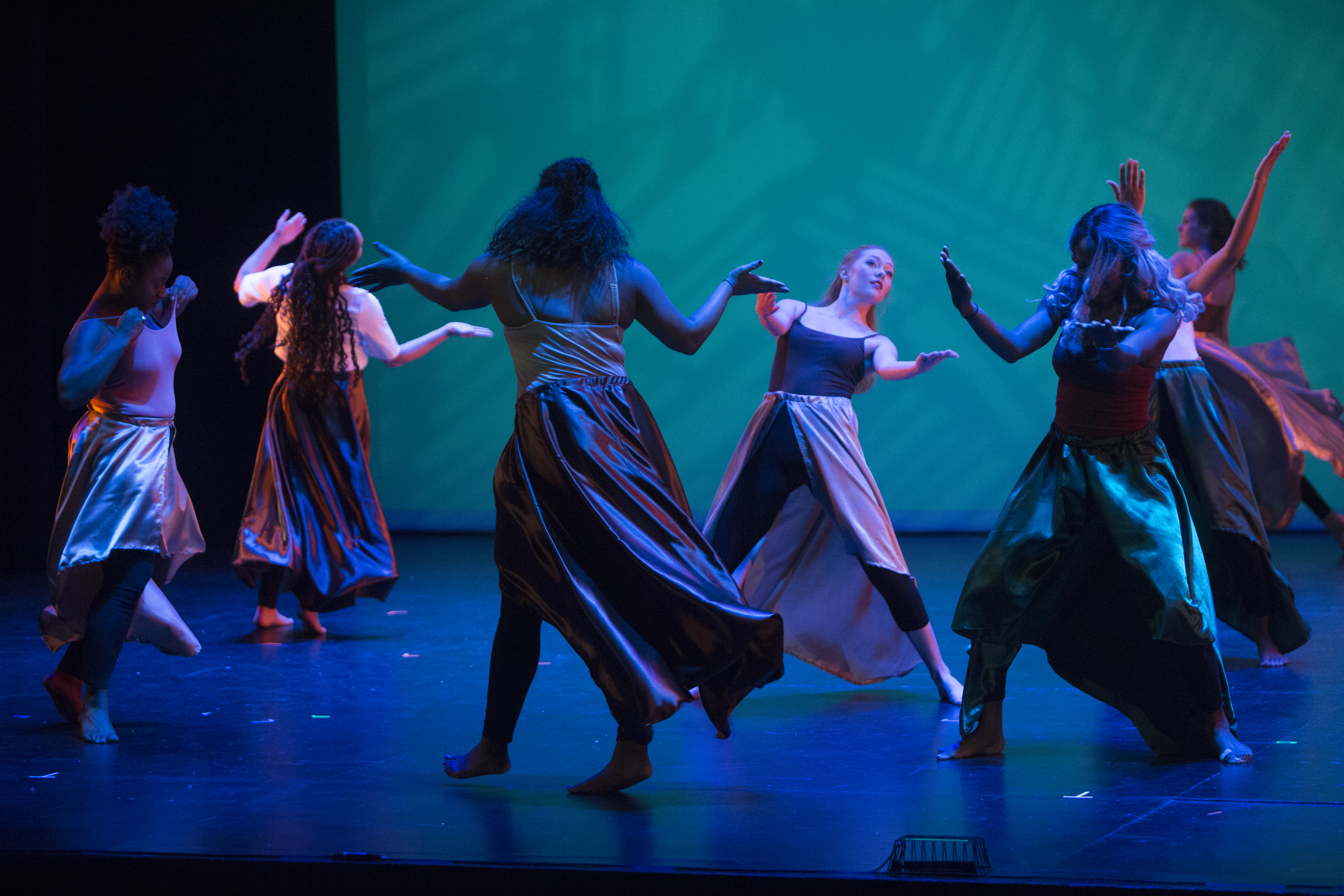
the ampersand
The latest news and updates from Arts & Sciences


Icons of anthropology: Fiona Marshall

Icons of anthropology: Richard Smith

Digging into the American dream
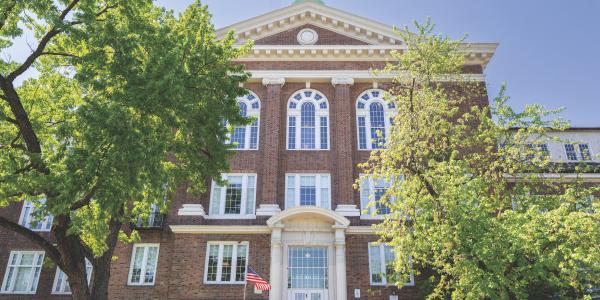
Protect and preserve

Masters of perception
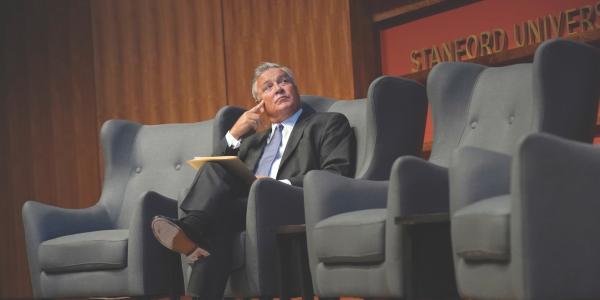
The gift of mentorship

A plant research powerhouse
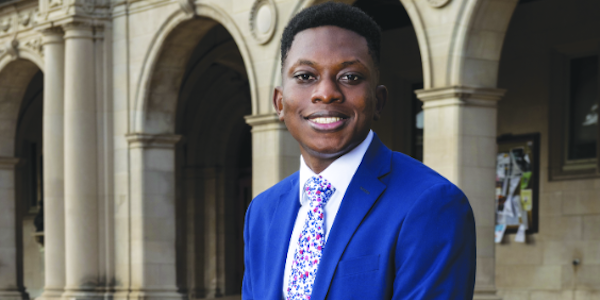
The evolution of Ephraim Oyetunji

Cancer cells rev up synthesis, compared with neighbors
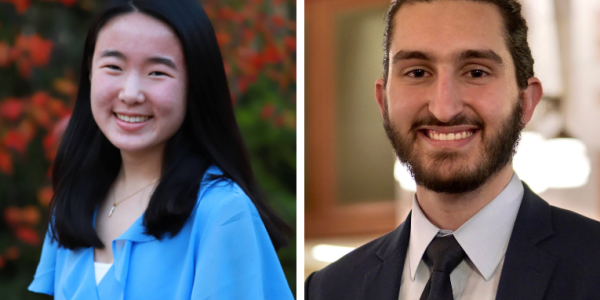
Chang and Georgiades named Beckman Scholars
